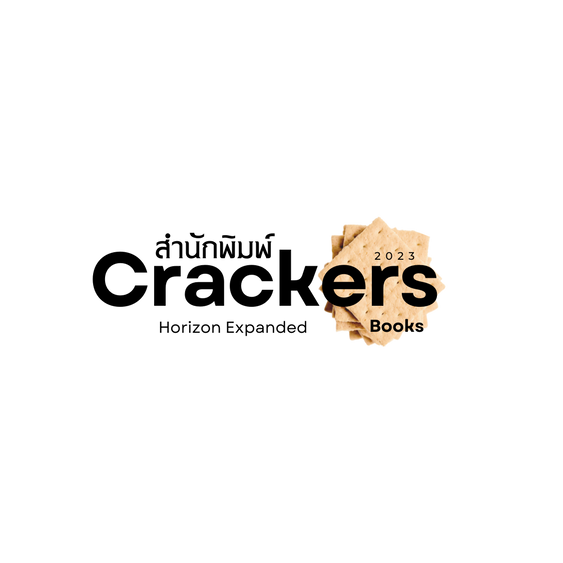

Plato’s Republic:
A Concise Overview
Plato's Republic is a cornerstone of Western philosophy, known for its profound exploration of justice, politics, and the nature of human society. Written as a Socratic dialogue, it presents a vision of an ideal state ruled by philosopher-kings. Here are five key points about Plato's Republic based on recent scholarly research:
- Justice as Harmony: In the Republic, Plato defines justice as a harmony within the individual and the state. Justice involves the proper arrangement of the three parts of the soul—rational, spirited, and appetitive—mirroring the structure of the ideal state where rulers, soldiers, and producers each play their appropriate roles (Han Lihua, 2023).
- Critique of Democracy: Plato is critical of democracy, arguing that it allows unqualified individuals to hold political power. He suggests that governance should be in the hands of those with the necessary knowledge and virtues, contrasting democratic systems with the ideal rule by philosopher-kings (R. Kraut, 2018).
- Educational Philosophy: The Republic emphasizes the importance of education in achieving justice. Plato proposes an educational system designed to cultivate rational and moral virtues, preparing future rulers to govern wisely. This educational process focuses on the development of the soul and the pursuit of the Good (N. Smith, 2019).
- Theory of Forms: Central to the Republic is Plato's Theory of Forms, which posits that the material world is a shadow of a higher reality of perfect and immutable Forms. The Form of the Good is the highest of these, and knowledge of it is the ultimate aim of the philosopher-king, providing the basis for true understanding and just governance (Jill Frank, 2018).
- Ecological Perspectives: Recent interpretations have explored the ecological implications of the Republic. Plato contrasts a 'healthy' city, which lives within its means and respects environmental limits, with a 'feverish' city driven by overconsumption. This ecological reading highlights the sustainability of Plato's ideal state and its relevance to contemporary environmental concerns (Susan Erck, 2022).
Conclusion
Plato's Republic remains a vital text for understanding the foundations of Western political thought. Its discussions on justice, the role of education, the structure of society, and the pursuit of the Good continue to influence contemporary debates in philosophy, politics, and beyond.
References
- Erck, S. (2022). The Ecological Sustainability of Plato’s Republic. Polis: The Journal for Ancient Greek and Roman Political Thought. Link.
- Frank, J. (2018). Poetic Justice: Rereading Plato's "Republic". University of Chicago Press. Link.
- Kraut, R. (2018). Plato against Democracy. Oxford Scholarship Online. Link.
- Lihua, H. (2023). Interpretation of Justice in Plato's the Republic in Ancient Greek Philosophy Course. Lecture Notes on Language and Literature. Link.
- Smith, N. (2019). Summoning Knowledge in Plato's Republic. Oxford University Press. Link.

CRACK/
ลัทธิมาร์กซ์/
101
CRACK/
ลัทธิมาร์กซ์/
101

วัชรพล พุทธรักษา
วัชรพล พุทธรักษา.
Crack/ลัทธิมาร์กซ์/101.-- พิษณุโลก : แครกเกอร์ บุ๊กส์, 2567.
149 หน้า.-- (The Basic Series).
1. ลัทธิคอมมิวนิสต์. 2. มาร์กซ์, ลัทธิ. I. ชื่อเรื่อง.
320.531
ISBN (E-Book) 978-616-94407-3-4
ISBN (Printed Book) 978-616-94407-4-1


ติดต่อโฆษณา โทร 0953394114

